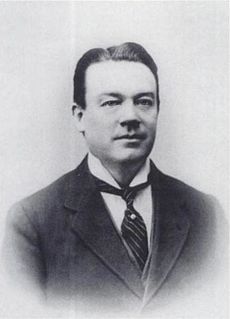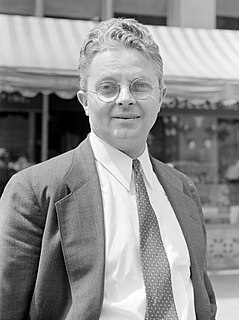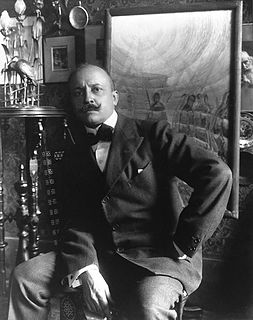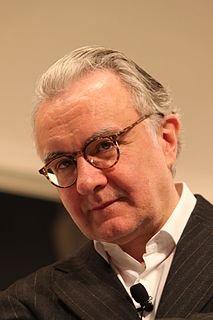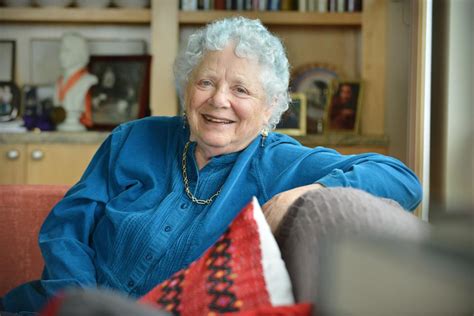A Quote by Mark Shields
Stronger together is, I think, a preposition and a comparative adjective, but it's not really an action verb or what it is.
Quote Topics
Related Quotes
Whatever one wishes to say, there is one noun only by which to express it, one verb only to give it life, one adjective only which will describe it. One must search until one has discovered them, this noun, this verb, this adjective, and never rest content with approximations, never resort to trickery, however happy, or to vulgarism, in order to dodge the difficulty.
Hyacinth,” Lady Bridgerton said in a vaguely disapproving voice, “do try to speak in complete sentences.” Hyacinth looked at her mother with a surprised expression. “Biscuits. Are. Good.” She cocked her head to the side. “Noun. Verb. Adjective.” “Hyacinth.” “Noun. Verb. Adjective.” Colin said, wiping a crumb from his grinning face. “Sentence. Is. Correct.
If you can remember all the accessories that go with your best outfit, the contents of your purse, the starting lineup of the New York Yankees or the Houston Oilers, or what label "Hang On Sloopy" by The McCoys was on, you are capable of remembering the differences between a gerund (verb form used as a noun) and a participle (verb form used as an adjective).
The beginning of sense, not to say wisdom, is to realize that 'doing an action,' as used in philosophy, is a highly abstract expression--it is a stand-in used in the place of any (or almost any?) verb with a personal subject, in the same sort of way that 'thing' is a stand-in for anynoun substantive, and 'quality' a stand-in for the adjective.
Saw you walking barefoot taking a long look at the new moon's eyelid later spread sleep-fallen, naked in your dark hair asleep but not oblivious of the unslept unsleeping elsewhere Tonight I think no poetry will serve Syntax of rendition: verb pilots the plane adverb modifies action verb force-feeds noun submerges the subject noun is choking verb disgraced goes on doing now diagram the sentence
Nice writing isn't enough. It isn't enough to have smooth and pretty language. You have to surprise the reader frequently, you can't just be nice all the time. Provoke the reader. Astonish the reader. Writing that has no surprises is as bland as oatmeal. Surprise the reader with the unexpected verb or adjective. Use one startling adjective per page.


